Puerto Varas, the charming small town we call home, is a place where modern conveniences like electricity, water, and internet are luxuries we’ve chosen to live without. After two years of living off the land, we returned to China for another two years due to the pandemic, and now we’re back in our tranquil haven.
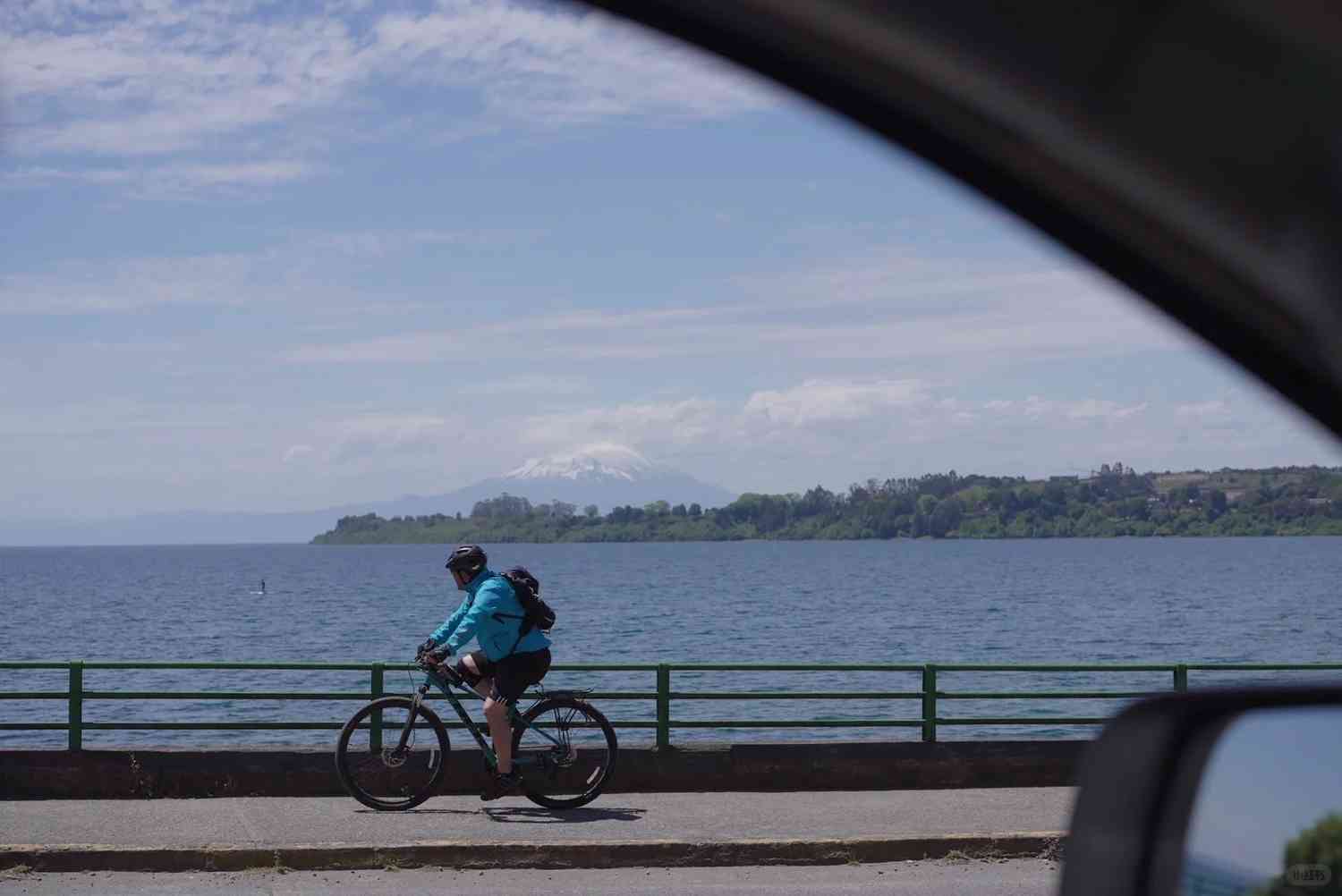
Despite its remote feel, Puerto Varas remains surprisingly connected. We were drawn to Chile by its breathtaking natural beauty and affordable cost of living. Even as working-class individuals from China, we find that a relaxed, fulfilling life here is well within reach.
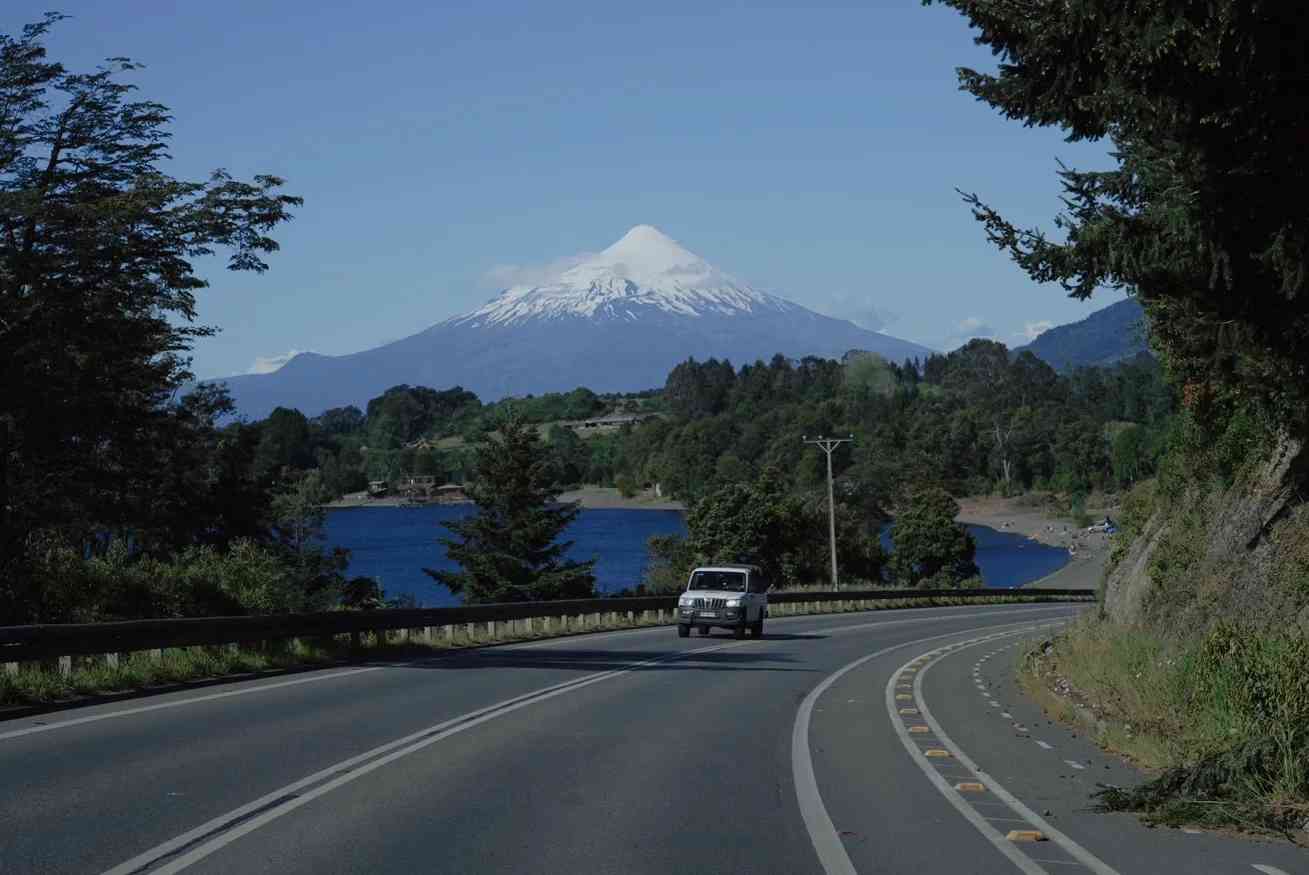
Our land, a mere 15-minute drive from the city, is a scenic escape with no traffic lights to slow us down. The journey itself is a delight, making the distance seem trivial. When we purchased this land, it was incredibly affordable; the price of a single toilet in Shanghai could buy 15 acres of land and build a house here.
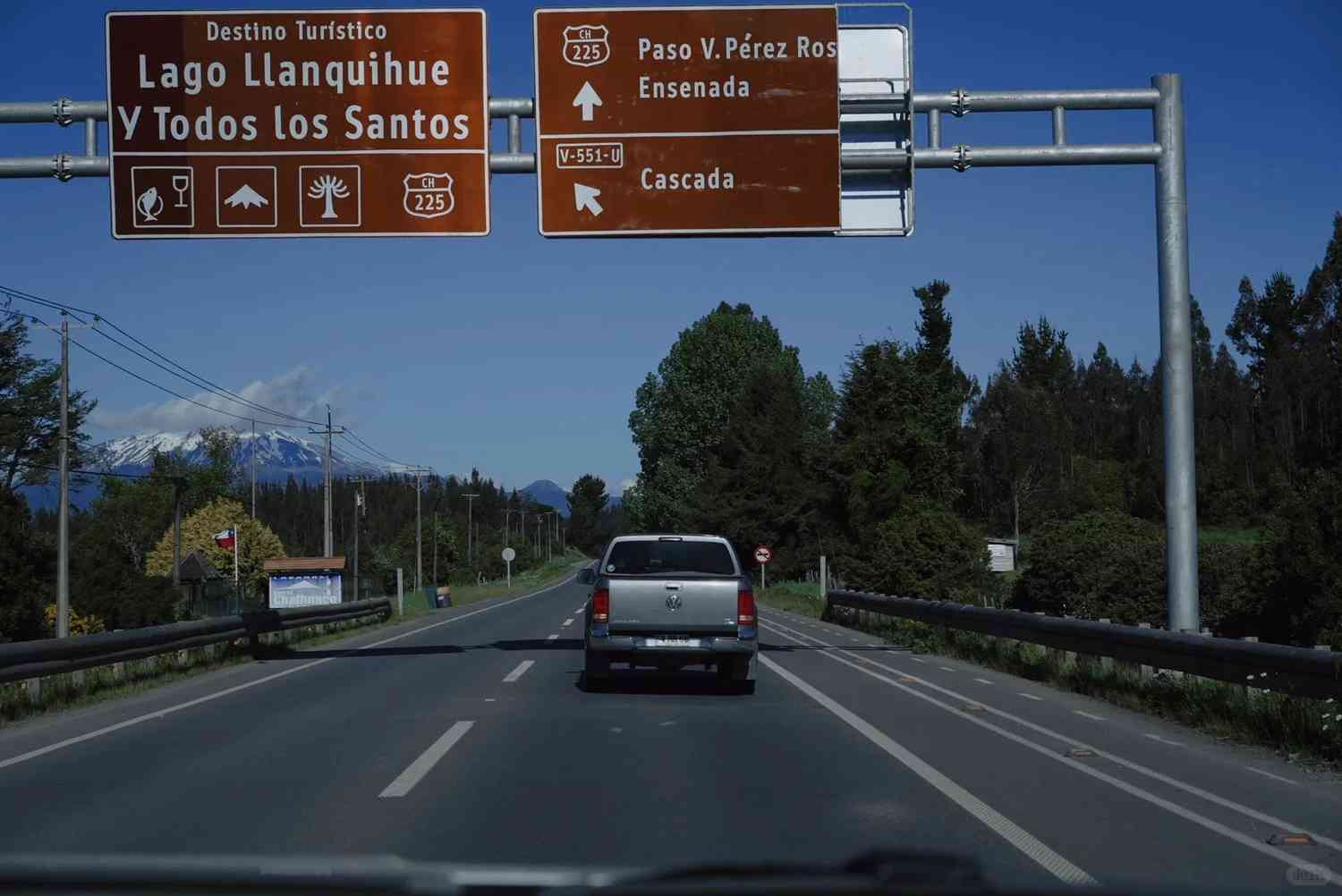
For two people, a modest lifestyle, including food, accommodation, and transportation, can be comfortably sustained on about 5,000 RMB per month. If you prefer a more luxurious way of life, the sky’s the limit.
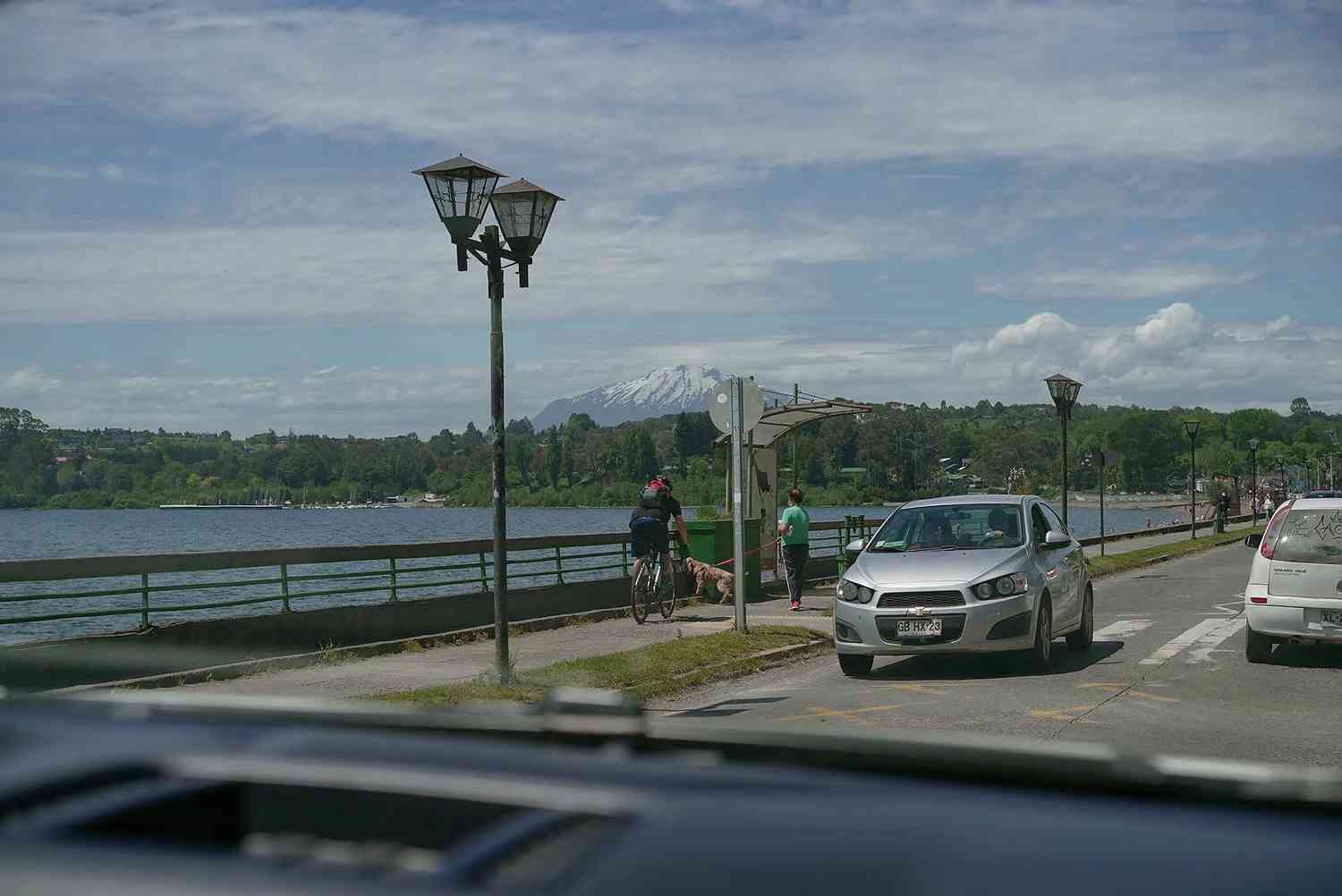
Cars are also very budget-friendly. A used Jeep Wrangler with less than 40,000 kilometers on the odometer can be yours for around 110,000 to 120,000 RMB. While commercial vehicle insurance isn’t mandatory, we opt for it out of a sense of responsibility. (You can drive after drinking, with different limits for various types of alcohol. Drunk driving checks are rare, so it all comes down to personal responsibility.)
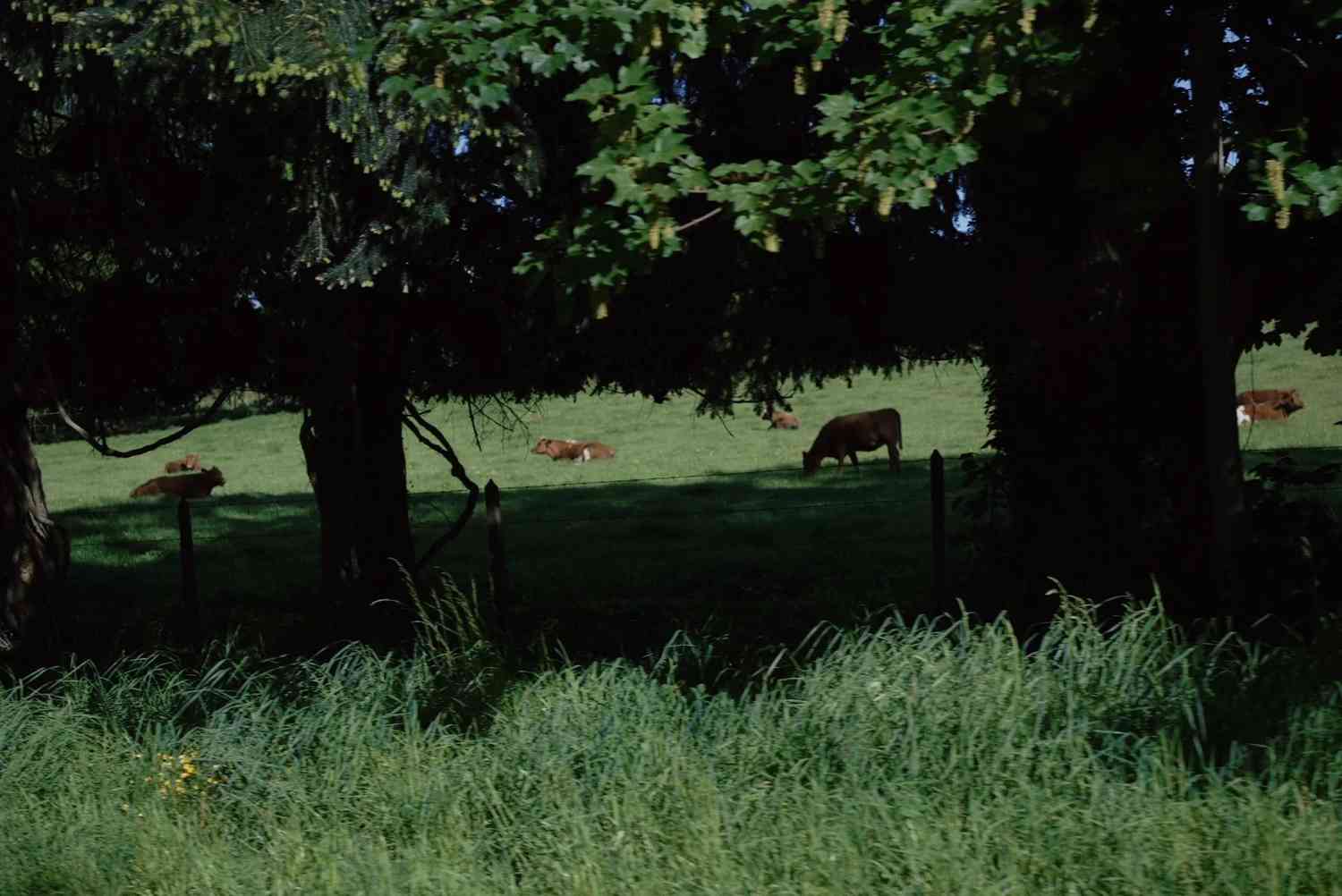
After a two-year absence, our car started right up with just a recharged battery and some minor maintenance—a pleasant surprise indeed. Our home’s electricity and water systems, powered by solar energy and rainwater, functioned flawlessly upon our return. My husband, a self-taught expert from YouTube tutorials, built these systems, and I still marvel at his ingenuity.
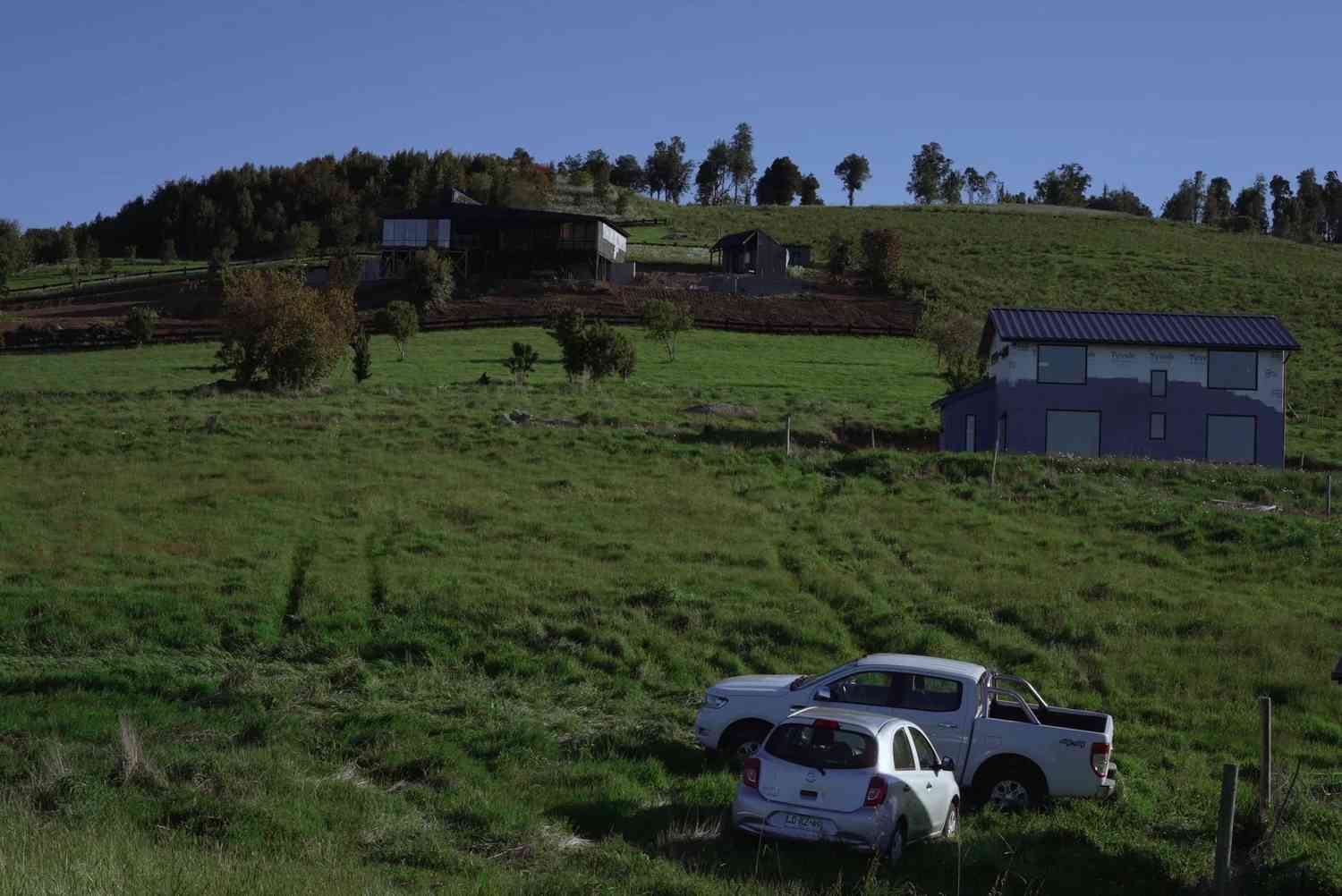
We also have a small generator as a backup power source. For internet, we use a mobile data package, which costs around 200 RMB per month.
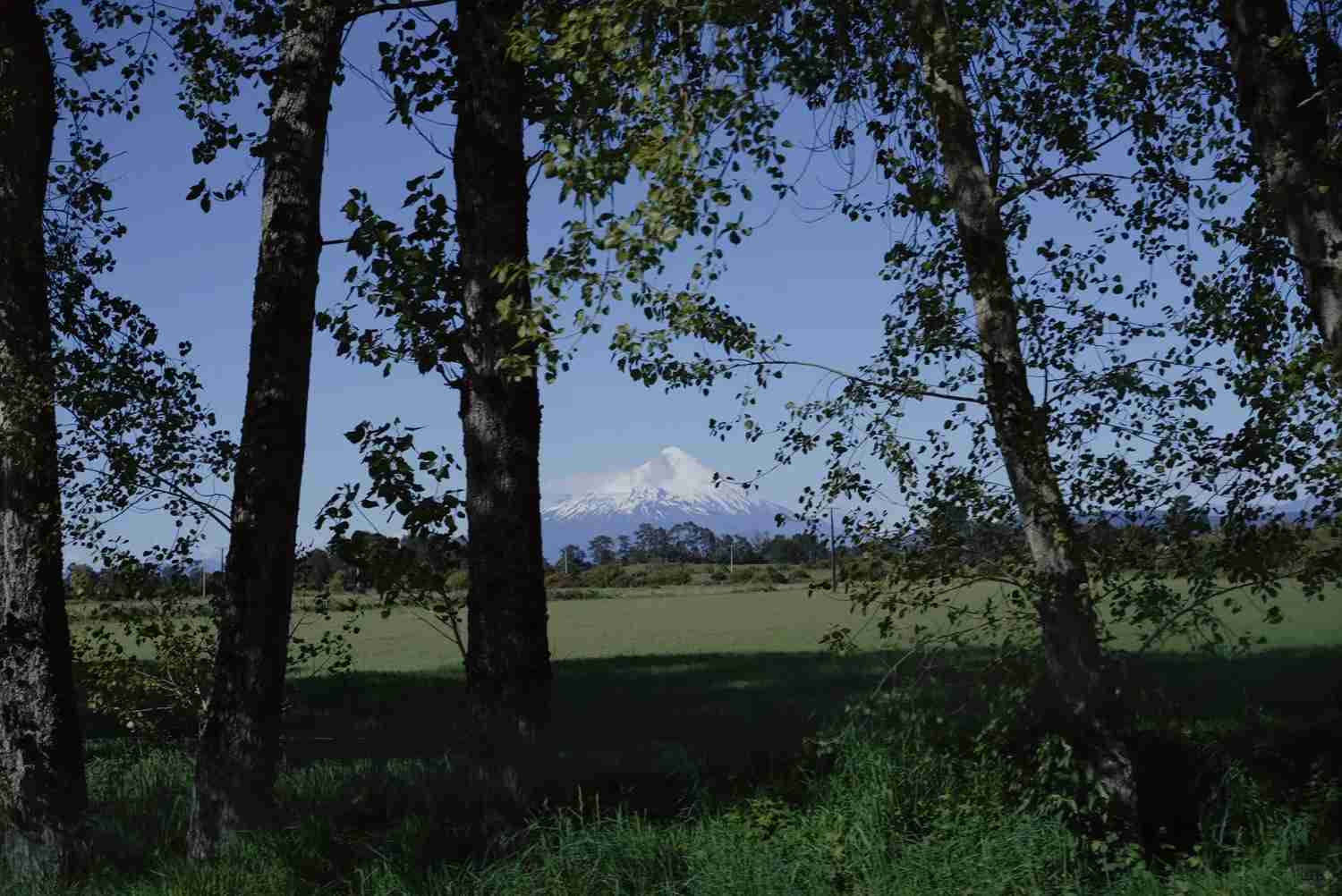
The primary reason we chose to live abroad is the unparalleled freedom. Here, with a low population, there are fewer restrictions, and the cost of living is minimal. Property ownership is among the most affordable in overseas countries. Building a house here has fewer regulations compared to Europe and America, and the abundance of natural resources keeps construction costs relatively low (if you do it yourself). However, hiring labor is not particularly cheap.

This area is predominantly inhabited by descendants of Germans who have lived here for generations, dating back over a hundred years. As a result, the official languages here are Spanish and German.
When we first arrived, my husband and I only knew English, unaware that the locals weren’t fluent in it. Now, even if our Spanish isn’t perfect, we can understand and read it quite well (Chilean Spanish is spoken at a breakneck pace!).
We embarked on a journey, acquired land, and built our home here without a word of Spanish to our name. Now, we’ve woven a rich tapestry of friendships in this new place. I can confidently say that with Chinese, English, and Spanish in your arsenal, the world is truly your oyster [sly smile].
Living overseas for us is an adventure in itself—immersing ourselves in nature, mastering survival skills, handling everyday chores like laundry and cooking, and building our own spaces. We thrive without the convenience of takeout or the constant buzz of smartphones.
This is our vibrant life abroad. Next on our agenda is the completion of two more houses. Stay tuned to see how our story unfolds [shy smile].
@LifePotato